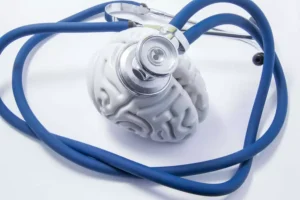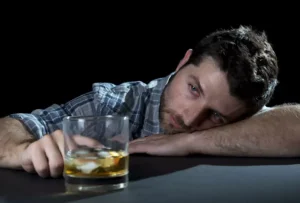
In conclusion, understanding and managing relapse triggers are crucial elements of a successful addiction recovery journey from relapse. Remember, the road to recovery may be challenging, but with dedication, perseverance, and the right tools, you can overcome these obstacles and build a brighter future. Therefore, it is important for individuals in recovery to develop coping strategies for these high-risk situations according to G. Strategies may involve avoiding triggers, seeking support, practicing stress management, and developing healthy coping mechanisms. Seeking professional help and joining support groups can also provide guidance in managing high-risk situations and preventing relapse. To effectively types of relapse triggers manage high-risk situations, it is essential for those in recovery to develop a relapse prevention plan.
- Relapse prevention is one of the main goals of drug or alcohol treatment programs.
- Developing healthy coping mechanisms and self-care practices is essential.
- Those in recovery often have a hard time finding new ways to have fun, and it may cause them to glamorize or ruminate on their past substance abuse.
- Everyone will have different internal triggers, but by recognizing some of the common ones you will be better equipped to avoid or address your internal triggers.
- One reason why it’s a good idea not to enter a new relationship is because of the risk of breaking up and the emotional hurt this can cause.
- Setbacks are a reality of recovery for many people because addiction is a lifelong condition that does not have a permanent cure.
What Are The Most Common Relapse Triggers?
The stigma surrounding substance abuse is a significant barrier to seeking treatment. Many individuals delay getting help because of fear, shame, or judgment. There are plenty of times when you may get stressed out at work or feel like you’re competing with others.
Relapse Triggers and How To Manage Them
People battling depression commonly use drugs to combat the depressed feelings they are experiencing. In addition, substance abuse can often lead to depression, thus beginning a vicious cycle of using drugs and subsequent depression. Addiction is a chronic disease, making relapse a possibility no matter how long a person has abstained from substance abuse. Once relapse occurs, it can be difficult for an individual to get back on the road to recovery. They will likely feel the strong desire to continue to use once they do even one time.

Leveraging Grounding Techniques
- They can also build up their coping skills to help them better handle difficult situations.
- By being aware of these influences and developing coping strategies, they can protect their sobriety and maintain a healthy, drug-free lifestyle.
- Often, relapse will be preceded by a trigger that causes someone to start thinking about relapsing or creates a craving for a substance that was previously used.
- You must also develop healthy coping skills and an effective relapse prevention plan.
Triggers are social, environmental or emotional situations that remind people in recovery of their past drug or alcohol use. While triggers do not force a person to use drugs, they increase the likelihood of drug use. The National Institute on Drug Abuse (NIDA) reports that 40 to 60 percent of people treated for substance use disorders relapse. Recognizing the warning signs prior to a relapse is the best way to prevent one from occurring.


Learning to recognize triggers, getting help from a counselor, and building a support network are all useful tools in preventing a relapse. Do everything you can to protect yourself, but don’t beat yourself up if you do slip. One way to prevent stress from triggering you is to evaluate your stress levels.